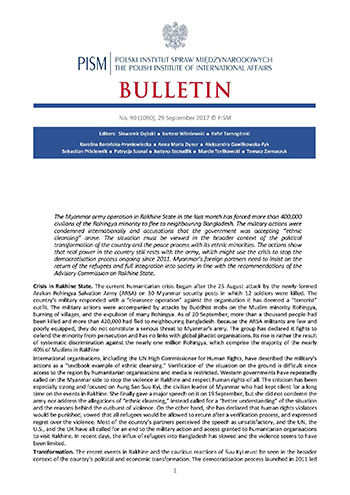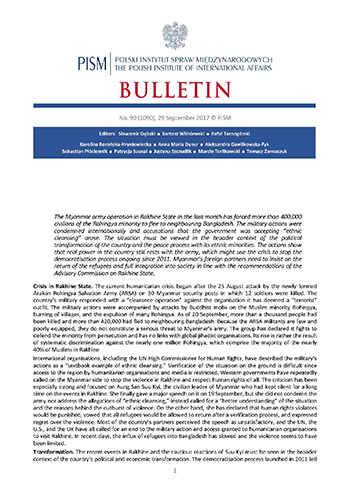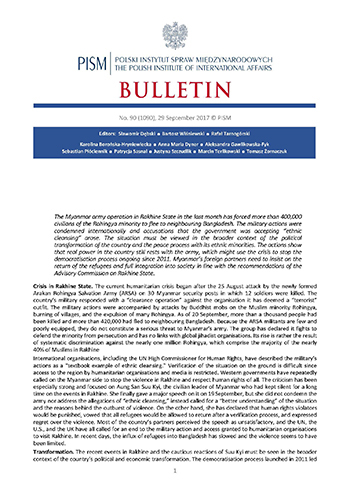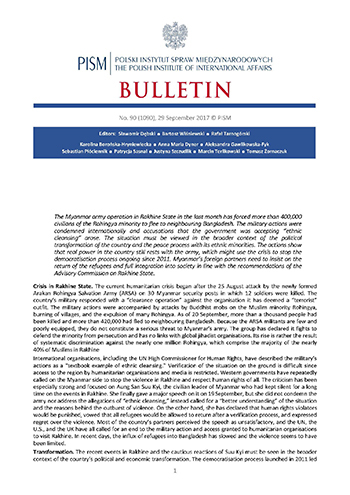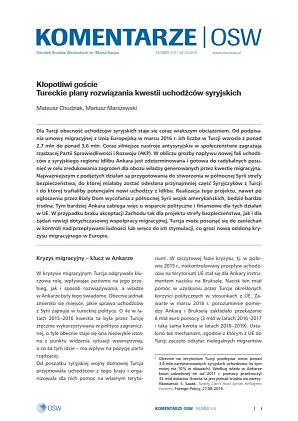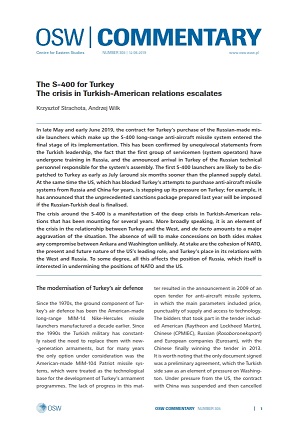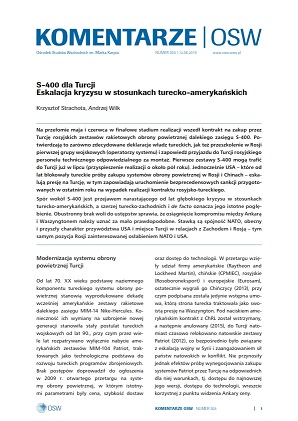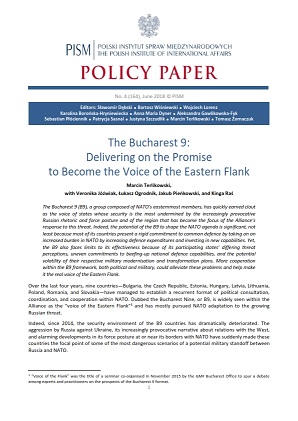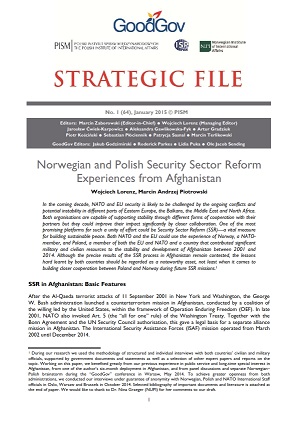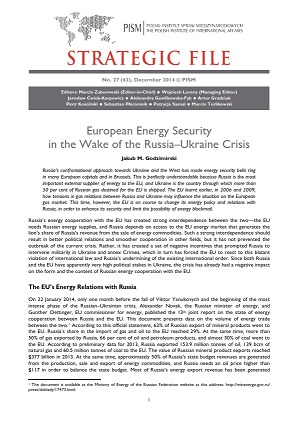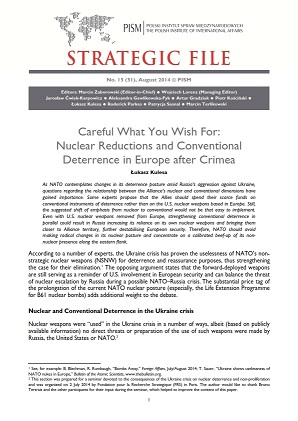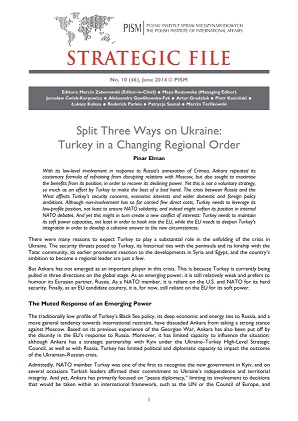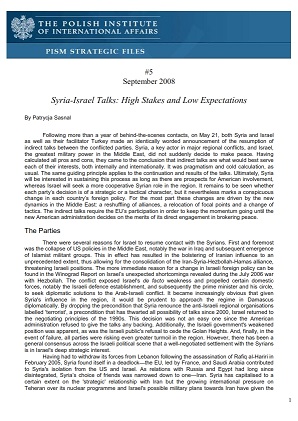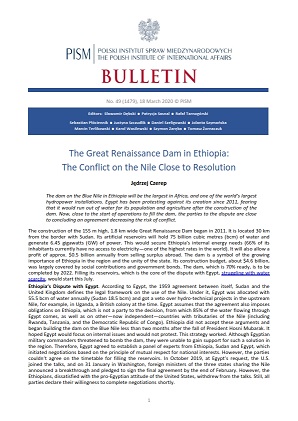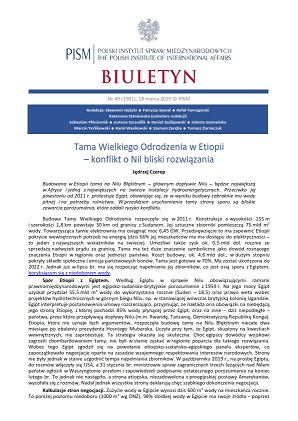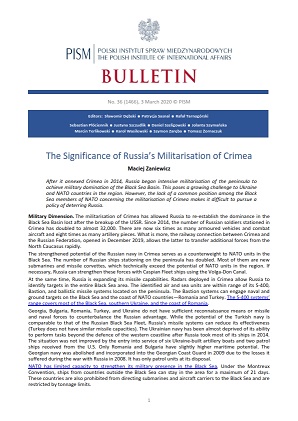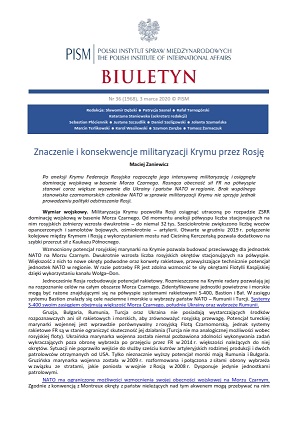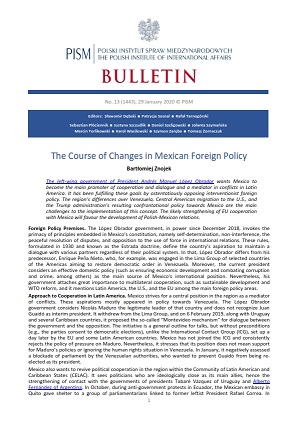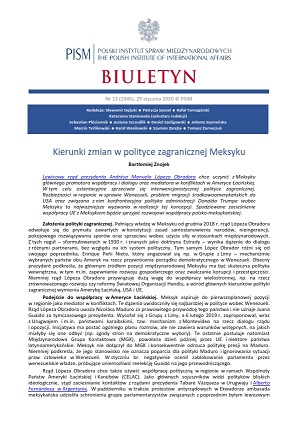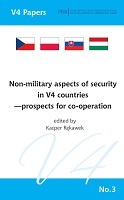
Non-military aspects of security in V4 countries—prospects for co-operation
The Polish Institute of International Affairs has published the third issue of the “V4 Papers” titled “Non-military aspects of security in V4 countries—prospects for co-operation”. The volume edited by Dr Kacper Rękawek of the Polish Institute of International Affairs analyses past experiences and prospects for V4 cooperation while combatting non-military threats like international terrorism and organised crime to the region.The publication is a part of a project "Creating a Sphere of Security in Wider Central Europe: Sharing V4 Know-how in Cooperation on Security with the Neighbouring Regions" supported by the International Visegrad Fund.
More...
